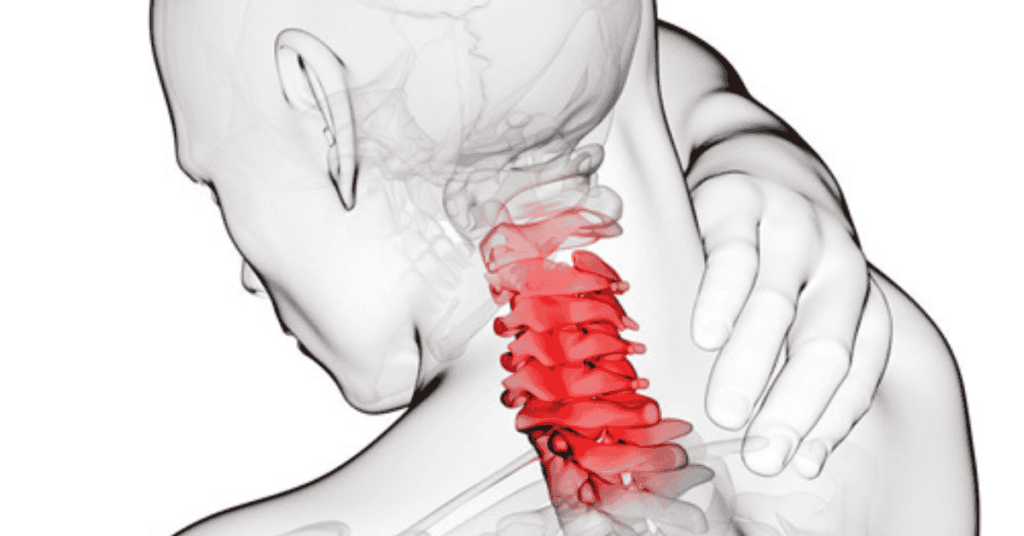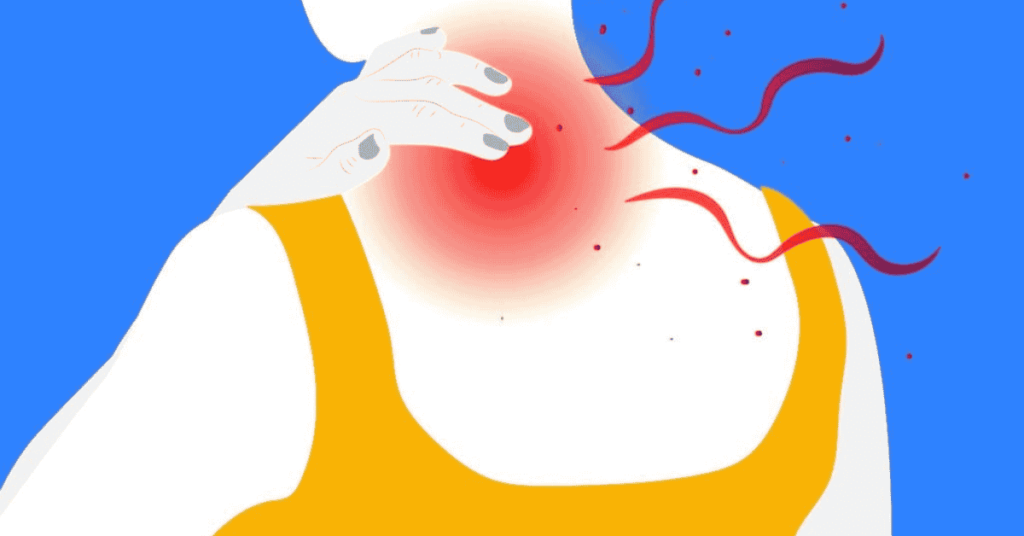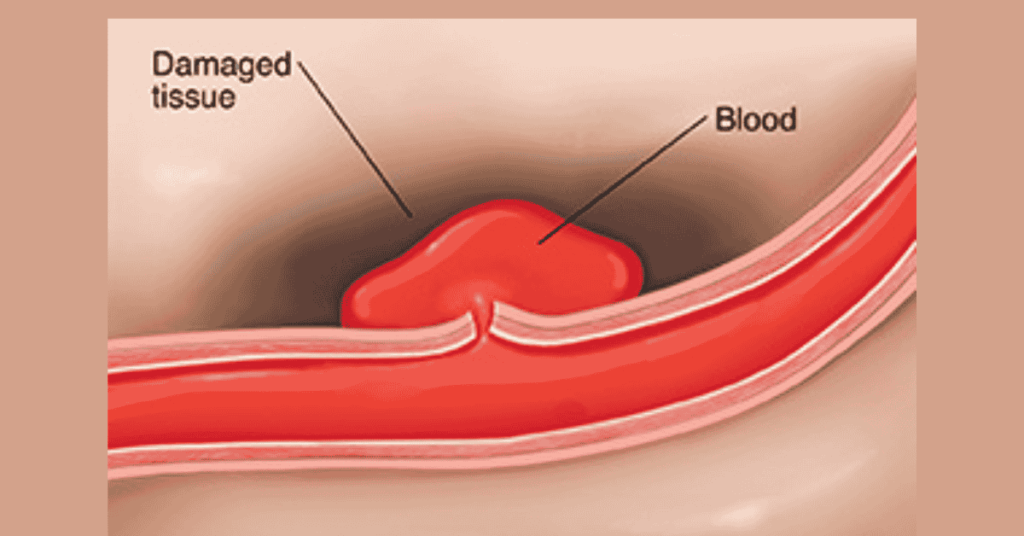Neck cracking, also known as cervical manipulation, is a common habit people use to relieve stiffness or discomfort. While it might feel satisfying, many wonder, “Is cracking your neck bad for you?” Understanding the effects of this practice on your neck’s health is essential to avoid potential risks while ensuring long-term well-being.
What Happens When You Crack Your Neck?
When you crack your neck, you stretch the joint capsules surrounding the cervical vertebrae. This action releases gases, such as oxygen, nitrogen, and carbon dioxide, which produce the characteristic “popping” sound. While the sound may seem harmless, the act of cracking your neck can have mixed effects.
Is Cracking Your Neck Dangerous?
In most cases, occasional neck cracking is not harmful. However, frequent or forceful cracking may lead to potential risks:
1. Strain on Ligaments
- Regularly cracking your neck can overstretch the ligaments, leading to instability in the cervical spine over time.

2. Increased Risk of Arthritis
- Does Cracking Your Neck Cause Arthritis? While there’s no definitive evidence linking neck cracking to arthritis, overstressing the joints may contribute to wear and tear.

3. Blood Vessel Damage
- Excessive or forceful neck cracking can put pressure on the arteries in the neck, increasing the risk of damage or, in rare cases, stroke.

4. Nerve Compression
- Misalignment caused by improper cracking techniques can irritate or compress nearby nerves, leading to pain or numbness.

Can You Crack Your Neck Too Much?
Yes, cracking your neck too much can cause harm over time. Frequent neck cracking may lead to:
- Joint Hypermobility: The neck joints may become overly flexible, reducing stability.
- Chronic Pain: Repeated manipulation can irritate the muscles and tissues around the cervical spine.
- Dependence: Some people develop a habit of cracking their neck to relieve tension, which can create a cycle of discomfort.
Pros and Cons of Cracking Your Neck
Pros:
- Immediate Relief: Reduces stiffness and improves neck mobility temporarily.
- Psychological Satisfaction: The “pop” sound can create a feeling of release and relaxation.
Cons:
- Potential Damage: Overstretching ligaments or irritating joints.
- Risk of Injury: Forceful or improper techniques may cause harm to nerves or blood vessels.
- Short-Term Relief: Cracking addresses symptoms but not underlying issues.
Is It Normal to Crack Your Neck?
Occasional neck cracking due to natural movement or stretching is normal. However, if you feel the need to crack your neck frequently, it could indicate an underlying issue such as:
- Muscle Tension: Tight muscles may cause stiffness.
- Poor Posture: Long hours at a desk can lead to neck discomfort.
- Joint Misalignment: Misaligned vertebrae may prompt the urge to crack your neck.
Should You Crack Your Neck?
While cracking your neck occasionally is unlikely to cause harm, it’s essential to approach it cautiously:
When It’s Okay:
- If it happens naturally during gentle stretches.
- When there is no associated pain or discomfort.
When to Avoid It:
- If you feel sharp or shooting pain during or after cracking.
- When you experience dizziness, numbness, or tingling.
Safe Alternatives to Cracking Your Neck
If you frequently feel the need to crack your neck, consider these safe alternatives:
1. Stretching Exercises
- Neck Tilts: Gently tilt your head side to side to relieve tension.
- Neck Rotations: Slowly rotate your head in a circular motion to loosen muscles.
2. Improve Posture
- Sit upright with your shoulders back to reduce strain on your neck.
3. Heat or Ice Therapy
- Use a heating pad or ice pack to soothe stiff or sore neck muscles.
4. Massage Therapy
- Professional massages can target tight areas and promote relaxation.
5. Physical Therapy
- Consult a physical therapist for a tailored exercise routine to improve neck health.
Can You Hurt Yourself Cracking Your Neck?
Yes, improper or excessive neck cracking can lead to:
- Muscle Strain: Forceful movements can overwork the neck muscles.
- Joint Damage: Repeated manipulation may wear down cartilage or cause inflammation.
- Stroke Risk: Though rare, forceful neck twisting can damage blood vessels, potentially leading to a stroke.
FAQs About Cracking Your Neck
1. Can You Die from Cracking Your Neck Too Much?
While extremely rare, improper neck cracking can damage blood vessels, potentially leading to life-threatening conditions like stroke.
2. Does Cracking Your Neck Cause Arthritis?
Cracking your neck doesn’t directly cause arthritis, but overuse may contribute to joint wear and tear.
3. Is It Bad to Crack Your Neck Every Day?
Daily neck cracking may overstretch ligaments and lead to joint instability.
4. Is It Safe to Crack Your Neck?
Gentle, occasional cracking is generally safe. Avoid forceful or frequent manipulation.
5. Should I Stop Cracking My Neck?
If neck cracking becomes habitual or causes discomfort, seek alternatives like stretching or consulting a professional.
Conclusion
Cracking your neck can provide temporary relief, but excessive or improper cracking carries potential risks, such as joint damage, nerve compression, or even rare complications like blood vessel injury. While occasional, natural neck cracking isn’t harmful, frequent or forceful manipulation should be avoided.
For long-term neck health, consider safe alternatives such as stretching, improving posture, or consulting a healthcare professional. If you experience persistent neck pain or stiffness, seek medical advice to address the root cause rather than relying on neck cracking as a solution.
Disclaimer: The content on Wellness Derive is for informational purposes only and not a substitute for professional medical advice, diagnosis, or treatment. Always consult a healthcare provider for medical concerns.



